Colloquial English – what are the most important phrases and expressions used in colloquial speech, and what are the most common abbreviations and acronyms?

Are you wondering how to sound more natural when speaking with native speakers? You’ll need slang for that!
Colloquial English is often used in everyday communication in English-speaking countries. It’s a way of speaking that people use every day, using phrases and expressions that are characteristic of a particular region, social group, or situation.
What characterizes colloquial English?

Accent and pronunciation: The UK and the USA have completely different accents and pronunciation, which affects the way words are used and pronounced in colloquial English.
Vocabulary: Colloquial vocabulary also differs between the United States and the United Kingdom. For example, in the US, “truck” is used instead of “lorry,” and “apartment” instead of “flat.” On the other hand, in the UK, “biscuit” is used instead of “cookie,” and “petrol” instead of “gasoline.”
Phrases and expressions: Phrases and expressions also differ between colloquial English in the United States and the United Kingdom. For example, in the US, “What’s up?” is used as a greeting instead of “How are you?” On the other hand, in the UK, “mate” is used instead of “buddy” as a term of friendship.
Popular culture: Popular culture also influences colloquial English in the United States and the United Kingdom. For example, in the US, words and expressions related to hip-hop music are popular, while in the UK, words and expressions related to British sitcoms or comedy are popular.
The most important phrases and expressions in colloquial English differ depending on the country, region, or city.
In the UK, popular expressions include “bloke” (guy), “mate” (friend), “cheers” (thanks), “gutted” (upset), “bollocks” (nonsense), “mate’s rates” (a friend’s discounted price), and “dodgy” (unstable, uncertain).
In the US, popular expressions include “dude” (guy), “y’all” (all of you, you and your friends), “awesome” (great), “gonna” (instead of “going to”), and “ain’t” (instead of “am not” or “is not”).
Abbreviations and acronyms in colloquial English

Colloquial English often uses abbreviations and acronyms, which facilitate fast and easy communication. Here are some of the most commonly used abbreviations and acronyms in colloquial English:
LOL – “laugh out loud”
ASAP – “as soon as possible”
BTW – “by the way”
FYI – “for your information”
OMG – “oh my god”
TBH – “to be honest”
WTH – “what the hell”
IDK – “I don’t know” (nie wiem)
SMH – “shake my head” (potrząsając głową)
IMO – “in my opinion”
LMK – “let me know”
GTG – “got to go”
BRB – “be right back”
AFK – “away from keyboard”
ICYMI – “in case you missed it”
NVM – “never mind”
TMI – “too much information”
RN – “right now”
BFF – “best friends forever”
FOMO – “fear of missing out”
TL;DR – “too long; didn’t read”
AMA – “ask me anything”
Colloquial English is incredibly important for people who want to use English on a daily basis. It is worth knowing the most important phrases and expressions to better understand the speaker and communicate more effectively. Knowing the abbreviations and acronyms will enable even faster and easier communication.

